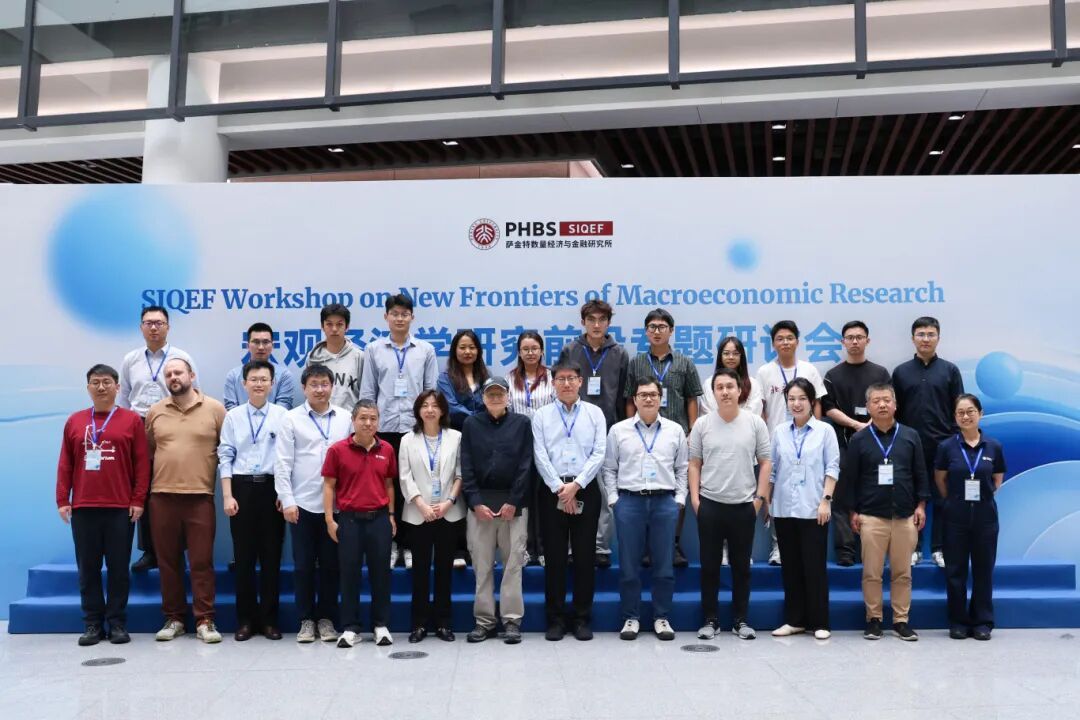On November 29, the annual meeting of the Peking University Research Center for Direct Selling was held was held at the Peking University Overseas Exchange Center in Beijing. This year’s theme was “New Economy, New Value, New Management – the Impact of Internet’s Development on Direct Selling and Industry Strategies.”
The meeting included officials from government administrative department, scholars from Peking University and Tsinghua University, senior executives of Alibaba Group, and representatives of direct selling enterprises. Discussion centered on the Internet’s rapid development and shocking impact on direct selling. Participants analyzed new trends for the direct selling industry, shared experiences and exchanged strategies on how to deal with the blows to the industry. Hai Wen, Vice-Chairman of Peking University Council, Dean of Peking University HSBC Business School and Director of Peking University Research Center for Direct Selling considered the seminar as a brainstorming opportunity for “embracing the new economy and mining new value” and an open discussion based on and beyond the industry.
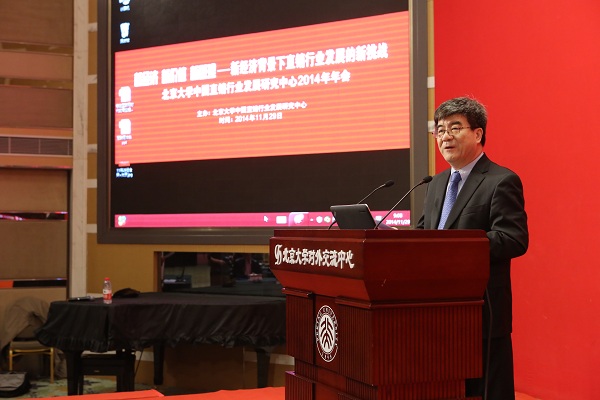
Peking University Research Center for Direct Selling, under the direction of the HSBC Business School, was founded in May, 2006. It is a multidisciplinary research institute for applied academics which brings together scholars from Peking University and other universities in the fields of economics, management, law, sociology, etc. It is dedicated to the economic theory, laws and regulations regarding the development of China’s direct selling industry in the context of globalization, reform, and development.
The environment for the direct selling industry is undergoing profound changes, and the development of Internet and E-commerce is altering the structure of commercial circulation. The mode of the supply chain for fast moving consumer goods (FMCG) is constantly changing, and consumers are more and more attracted to the Internet such that the “finger revolution” has gone from imagination to realization. For example, on November 11 (which is called “double eleven” in China), Alibaba realized a transaction record of 57.1 billion yuan in a single day. This is a miracle created by the Internet, which makes domestic online retailers extremely motivated once again since Alibaba’s recent successful initial public offering (IPO) in the U.S. In the meantime, the situation with traditional industries is totally different: brick-and-mortar shops are closing down; commercial real estate seems to have gone over-the-hill. Even the direct selling industry which has maintained growth momentum is experiencing impact caused by Internet and E-commerce. The question of how to correctly understand and grasp the impact of this trend on direct selling is not only a concern for enterprises, but also for relevant supervising departments, since the current commercial development trend greatly influences regulation policies.
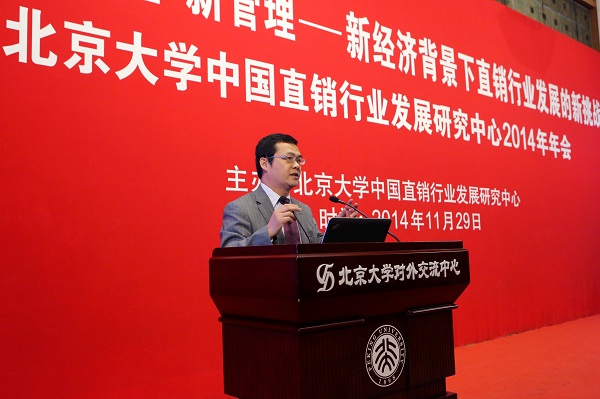
More and more direct selling enterprises realize that strategic thinking and merging with E-commerce is the way out. The seminar featured several industry experts who presented keynote speeches providing in-depth analysis on the transformation of the direct selling industry’s marketing methods due to the impact of the Internet. For instance, Gao Hongbing, Vice President of Alibaba group and Dean of Ali Research Institute, emphasized the integration of IT and the direct selling industry. He believes that post-80 and post-90 Internet “aborigines,” who naturally have brought along the Internet way of thinking and doing things, represent the direction of industries’ future development and will become the main force driving consumerism and entrepreneurship in five years. Although experts agree that direct selling is one of the industries that first introduced networking and attached importance to interpersonal relationships, business model transformations brought by rapidly developing technologies continue to exert pressure on direct-selling enterprises.
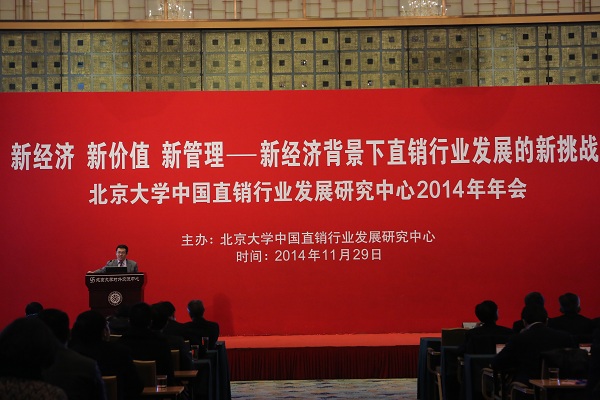
It should not come as a surprise, then, that Internet impact is a common concern within the global direct selling industry. According to Wang Yuben, Executive Director of Peking University Research Center for Direct Selling, this theme was also one of the important topics discussed at the World Federation of Direct Selling Association’s 2014 annual meeting which closed on November 12. He said that one of the slogans of the meeting was “direct selling is the origin of social networking,” which was a kind of self-admiration that could not, however, calm the anxiety of insightful entrepreneurs. Scholars from Peking University and Tsinghua University gave suggestions for direct selling enterprises from different perspectives. They cited companies like Amway and Perfect which have expressed their willingness to embrace the Internet trend and discover the value of direct selling on the basis of its existing comparative advantages. According to their philosophies, compared to E-commerce which is based on the Internet, direct selling belongs to traditional industry, but the Internet cannot and will not replace direct selling. On the contrary, their similar value provides chances for integrated development. Yang Qian, Deputy Director of Peking University Research Center for Direct Selling, proposed that direct selling enterprises should form strategic thinking regarding the Internet and enhance of enterprises’ competiveness through data mining, cross industry alliance, social connections, and entertaining way of marketing.
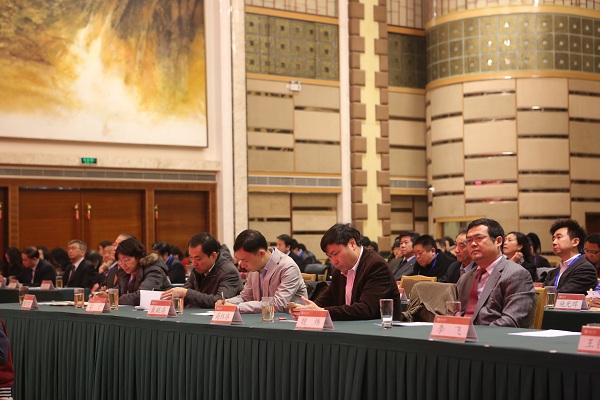 Translated by Zheng Yuxin 14'
Translated by Zheng Yuxin 14'










